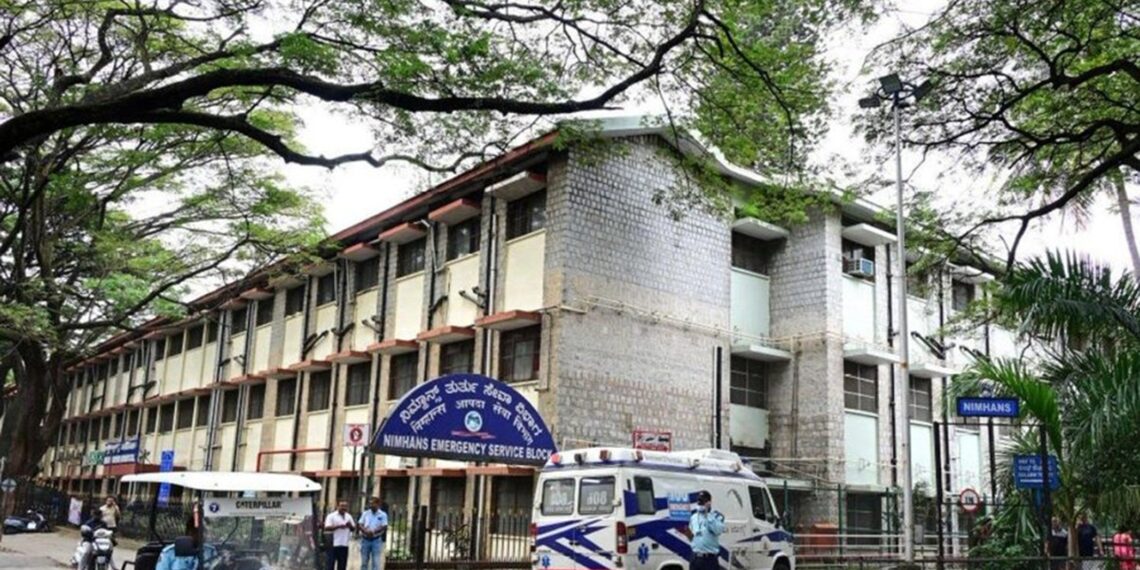Bengaluru: The National Institute of Mental Health and NeuroSciences (NIMHANS) has launched an ambitious digital archive project, preserving and cataloguing one of the world’s largest collections of historical mental health records.
The initiative, known as the NIMHANS Archiving Digital Initiative (NADI), brings together more than 37,000 patient files dating back to the 1890s, offering a rare window into the evolution of mental health care in India.
Unveiled this week at the institute’s Heritage Museum by Director Prof. Pratima Murthy, NADI is being hailed as a vital step in both preserving medical history and expanding resources for future research.
“This extraordinary collection spans from the Mysore Lunatic Asylum era through the formation of the All-India Institute of Mental Health in 1954, and eventually the establishment of NIMHANS in 1974,” the institute shared on social media platform X.
The extensive records include detailed documentation of psychiatric, neurological, and neurosurgical cases — from schizophrenia and depression to epilepsy, dementia, head injuries, and brain tumours.
NIMHANS has categorised and catalogued the entire archive using KOHA, an open-source library management system, to ensure ease of access for students, historians, and researchers.
Each file offers a snapshot of the medical understanding of its time, complete with diagnostic notes, treatment approaches, and patient outcomes.
According to the institute, this allows for an in-depth exploration of historical diagnostic trends and therapeutic practices, as well as broader insights into the socio-medical landscape of mental health in India.
ALSO READ: Meghalaya Hawkers’ Association slams Paul Lyngdoh’s remarks, warns of legal action
While the archive promises a valuable resource for academic and clinical research, NIMHANS clarified that access to the material will require prior administrative and ethical approvals.
Guidelines on how to seek access will be made available soon.
Describing the initiative as a landmark achievement, the institute said the project not only safeguards the nation’s mental health heritage but also strengthens the foundation for future scientific exploration in psychiatry and neuroscience.















